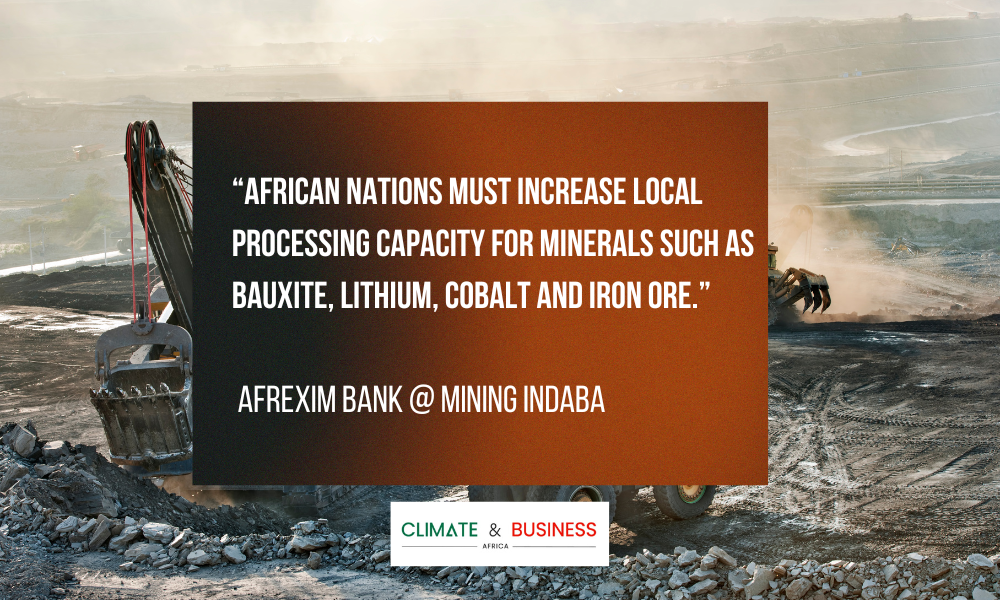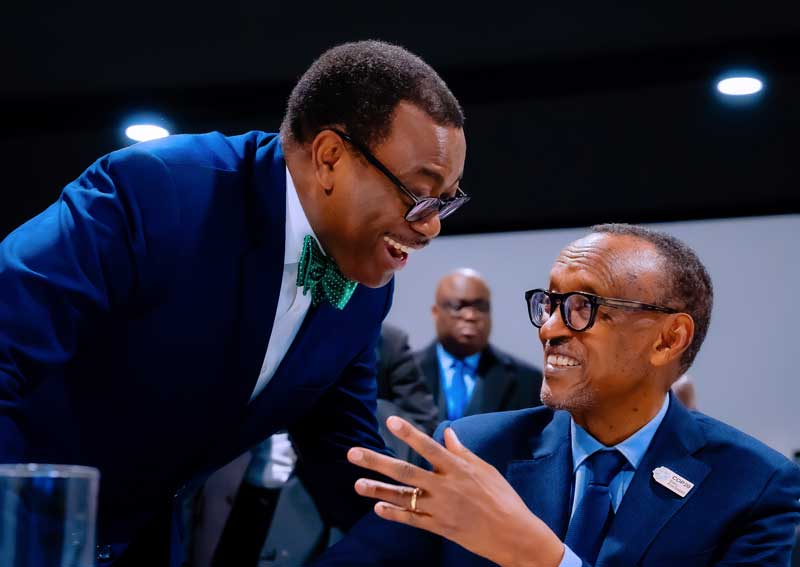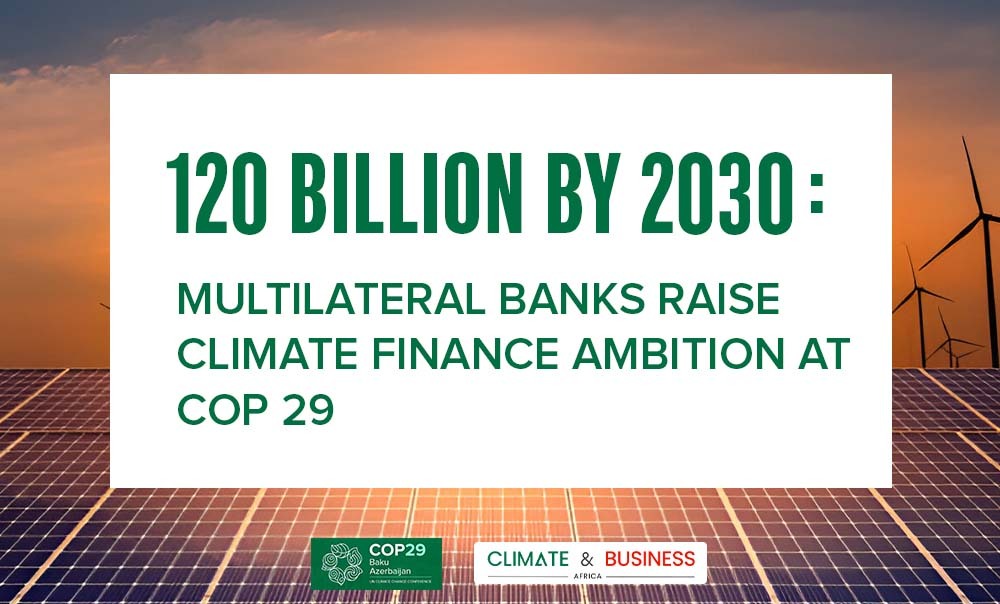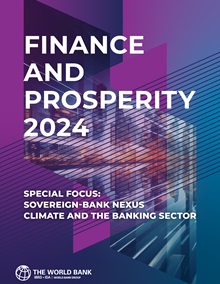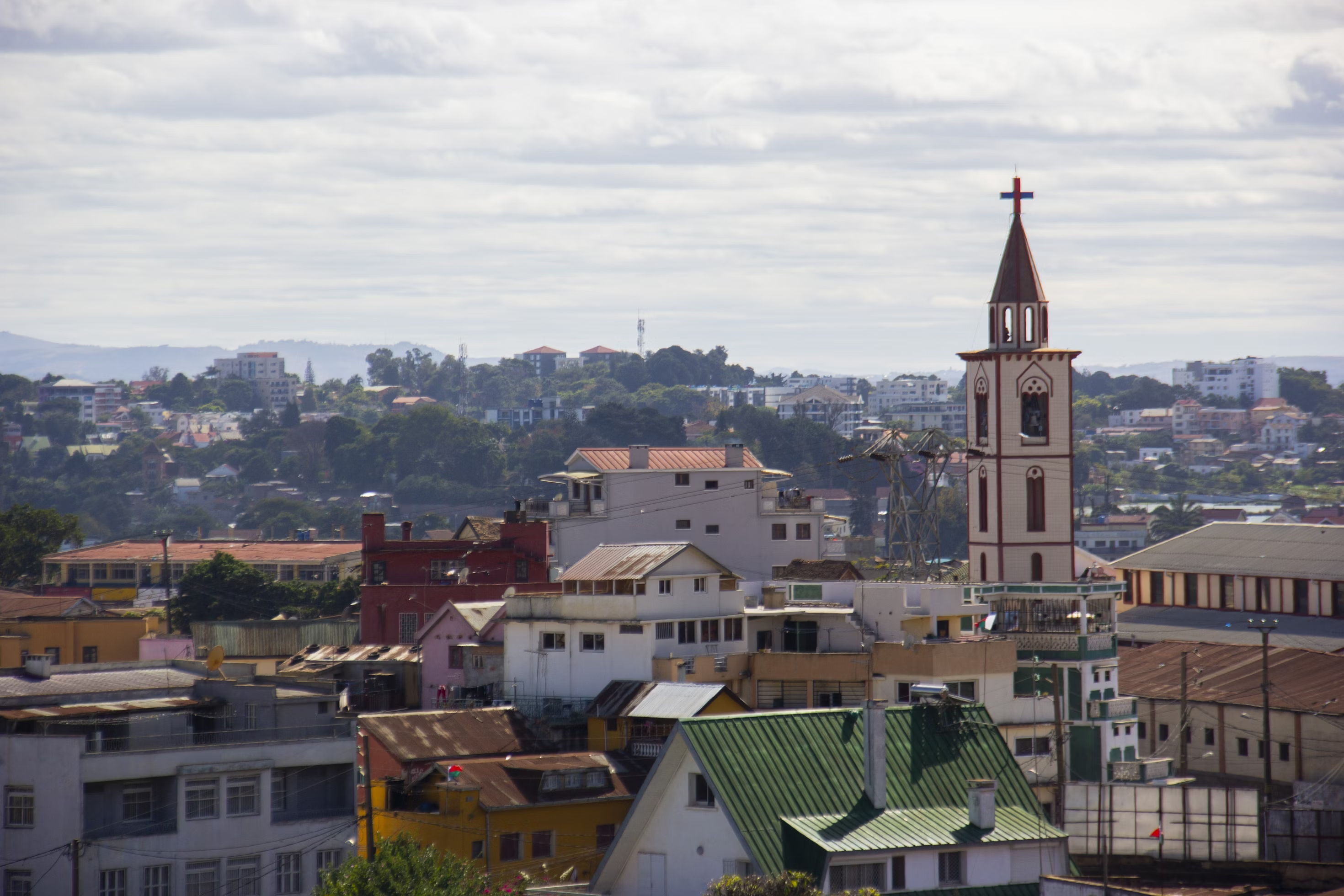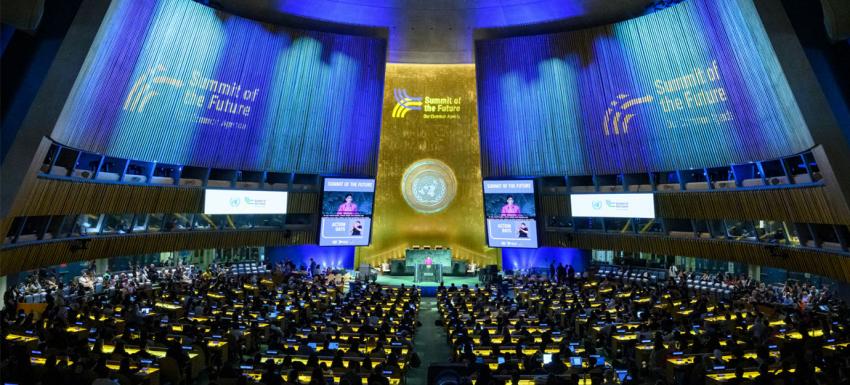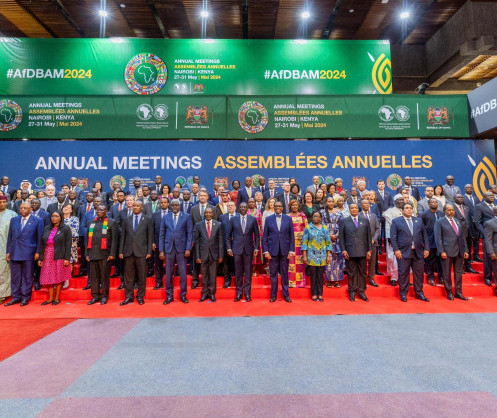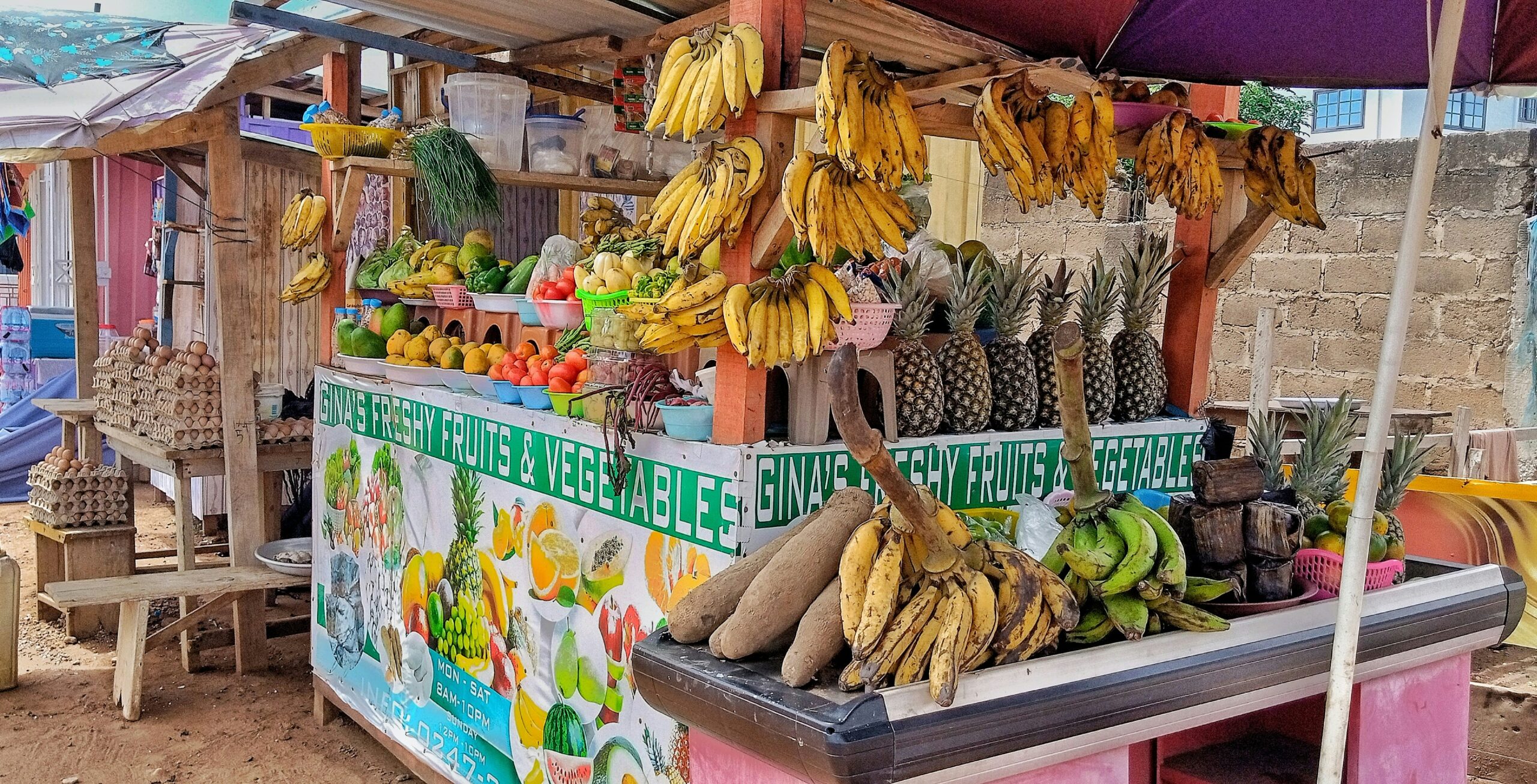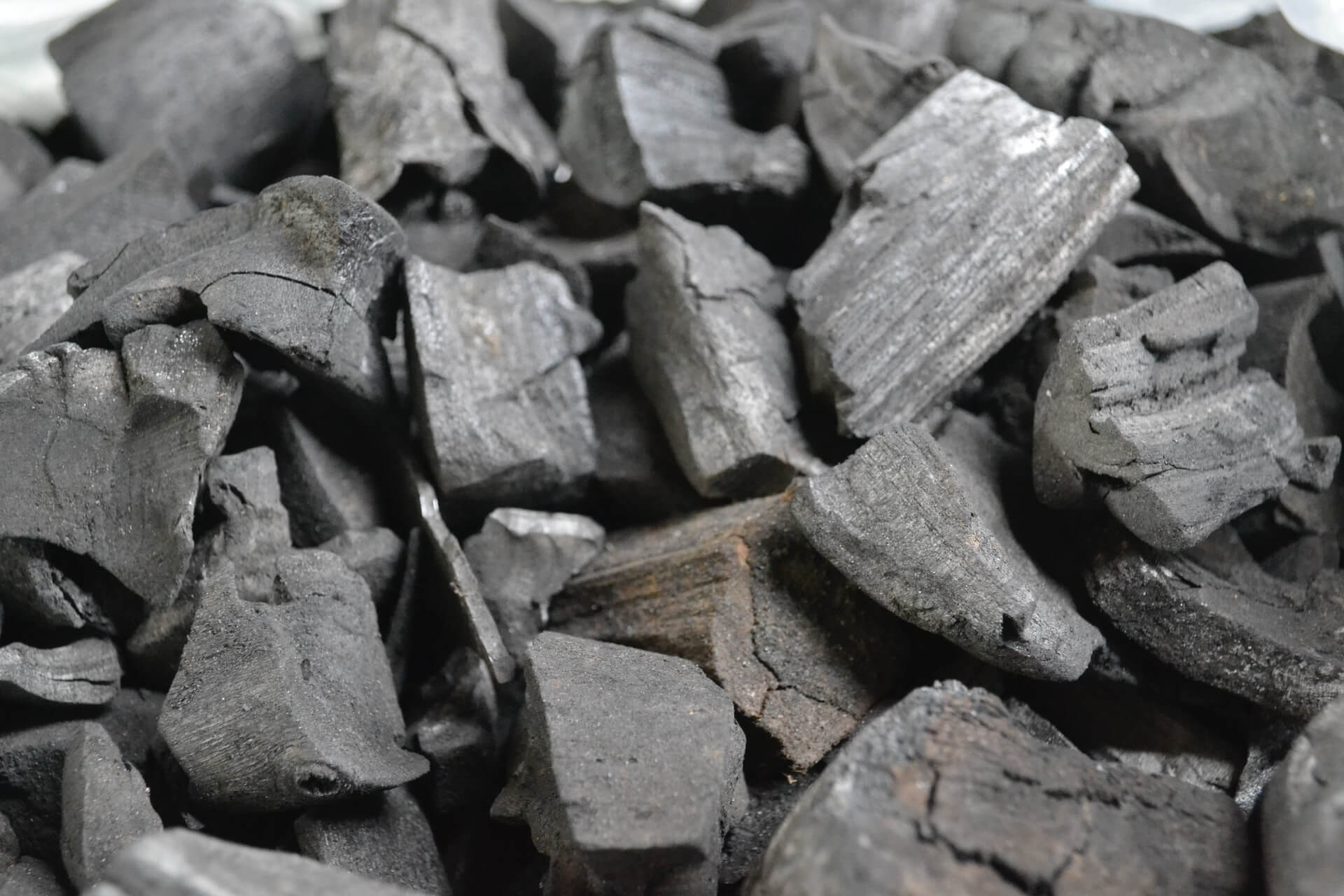Climate Change, Sustainable Finance
African Nations Pledge $50 Billion Push to Electrify Continent by 2030
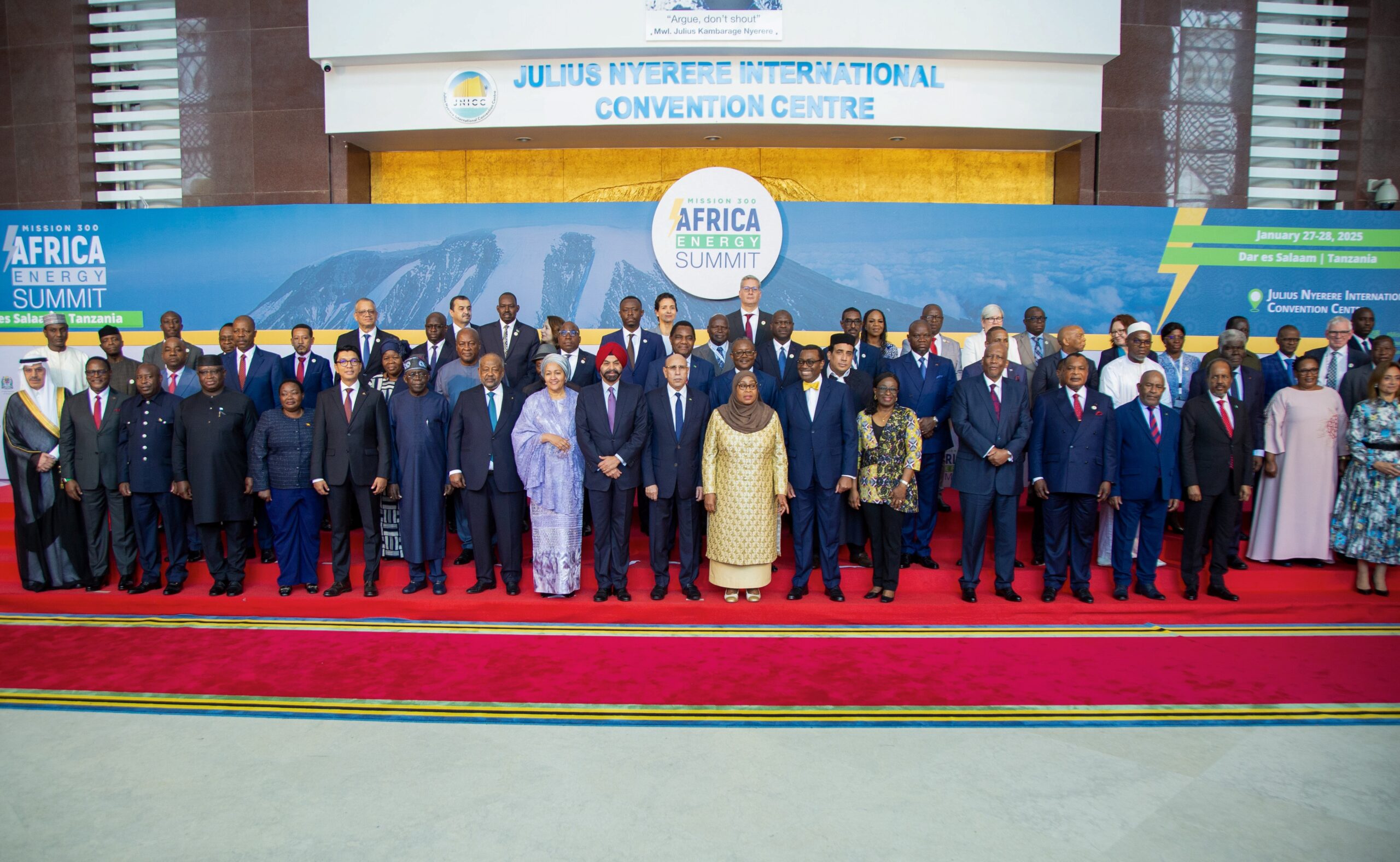
African Nations Pledge $50 Billion Push to Electrify Continent by 2030
February 7th, 2025
Twelve countries unveil national energy plans to address critical infrastructure gap
African leaders have committed to a landmark initiative to bring electricity to 300 million people across the continent by 2030, with global partners pledging over $50 billion in financial support to transform the region’s energy landscape.
At the Mission 300 Africa Energy Summit in Dar es Salaam, thirty heads of state endorsed a comprehensive energy declaration targeting the continent’s profound electricity access challenges. Currently, more than 600 million Africans live without reliable power, a critical barrier to economic development and quality of life.
Twelve participating countries—including Nigeria, Tanzania, and the Democratic Republic of Congo—presented detailed National Energy Compacts that outline specific strategies to expand electricity access, increase renewable energy deployment, and attract private investment. These country-specific plans leverage satellite and electronic mapping technologies to identify the most cost-effective solutions for underserved areas.
World Bank Group President Ajay Banga provided a compelling perspective on the initiative’s significance: “Access to electricity is a fundamental human right. Without it, countries and people cannot thrive. Our mission to provide electricity to half of the 600 million people in Africa without access is a critical first step. To succeed, we must embrace a simple truth: no one can do it alone. Governments, businesses, philanthropies, and development banks each have a role—and only through collaboration can we achieve our goal.”
Tanzanian President Samia Suluhu Hassan, reflecting on hosting the summit, stated: “Tanzania is honored to have hosted such a monumental summit to discuss how, as leaders, we will be able to deliver on our promise to our citizens to provide power and clean cooking solutions that will transform lives and economies.”
The summit’s financial commitments are substantial. The African Development Bank and World Bank plan to allocate $48 billion through 2030, with additional support from institutions including the Asian Infrastructure Investment Bank ($1-1.5 billion) and the Islamic Development Bank ($2.65 billion).
Dr. Akinwumi A. Adesina, President of the African Development Bank Group, emphasized the critical reforms needed: “Critical reforms will be needed to expand the share of renewables, improve utility performance, ensure transparency in licensing and power purchase agreements, and establish predictable tariff regimes that reflect production costs. Our collective effort is to support you, heads of state and government, in developing and implementing clear, country-led national energy compacts to deliver on your visions for electricity in your respective countries.”
A novel public-private partnership, Zafiri, was also launched to support sector-led solutions like renewable mini-grids and solar home systems. The initiative’s anchor partners will invest up to $300 million in the first phase, with the potential to mobilize up to $1 billion to address persistent equity gaps in Africa.
The participating countries—Chad, Côte d’Ivoire, Democratic Republic of Congo, Liberia, Madagascar, Malawi, Mauritania, Niger, Nigeria, Senegal, Tanzania, and Zambia—have committed to time-bound, data-driven national energy plans. These compacts focus on affordable power generation, expanding connections, and regional integration, with the ultimate goal of boosting utility efficiency and expanding clean cooking solutions.
The declaration will be submitted to the African Union Summit in February, marking a potentially pivotal moment in the continent’s infrastructure development and economic transformation.



